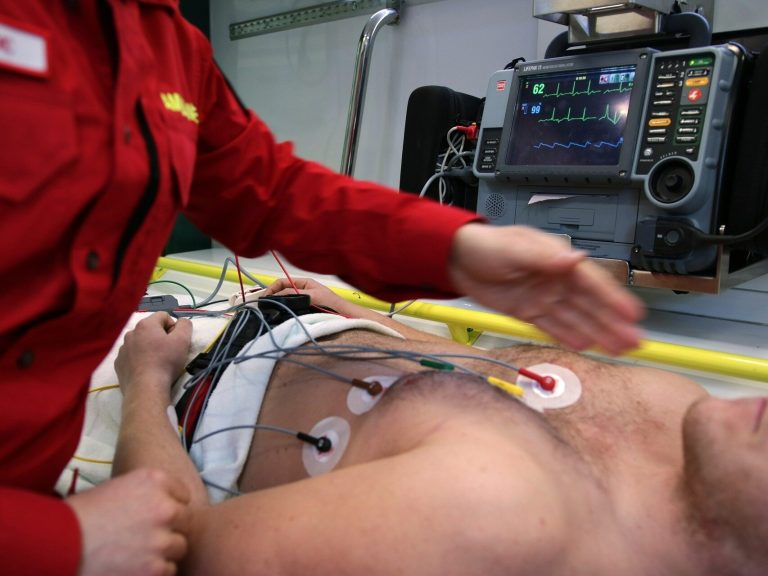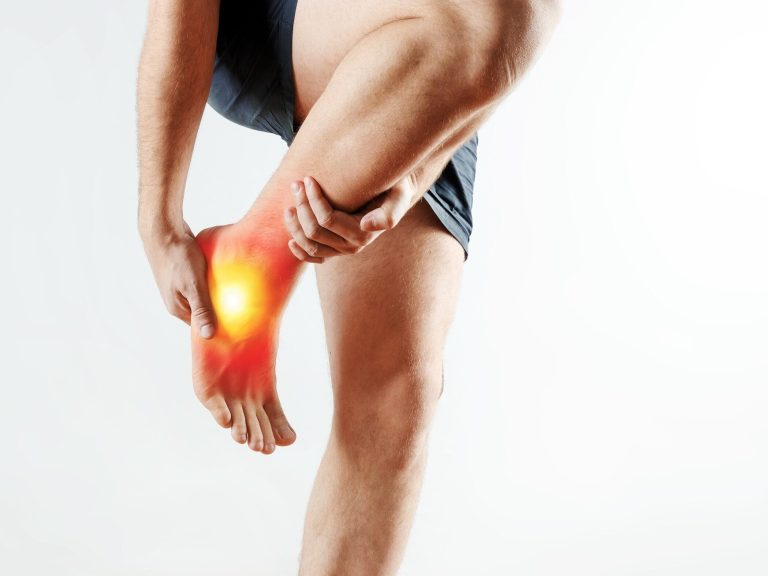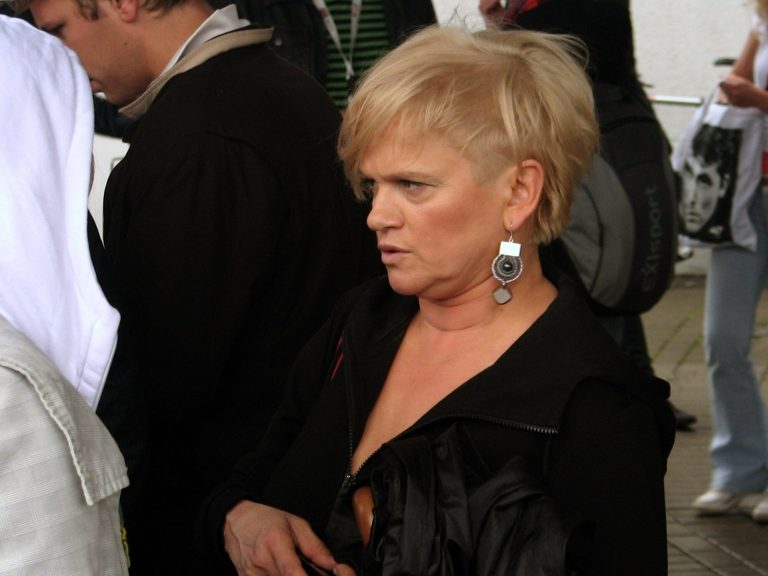Technology contained in toys and their impact on children's mental health

The Toys&Kids Fair at Ptak Expo Warsaw took place for the second time. This year, very interesting two-day debates were held with experts on artificial intelligence in new solutions. There was also a conversation about the latest trends and technologies that influence child development.
Experts on the impact of technology on a child's psyche
Mrs. Agnieszka Chomicka-Bosy – educator, digital competence trainer, author of numerous publications for teachers, speaker at educational conferences. She is a co-author of the core curriculum for teaching computer science in grades 1-3, “Digital Journeys”, and a mentor in educational projects that build a space for talking about technology in a child's hand, e.g. Galaxy Station – a safe place on the Internet (Samsung) or STEM Kindlotek (Amazon).
She commented on the topic as follows:
“Technology in toys influences a child's development. What? It depends on the toy and how the child uses it. The toy can develop a child's creativity, teach logical thinking, and teach them to take the first steps in learning coding and programming. But using it unwisely can result in overstimulation and fatigue. The key is a conscious parent who accompanies the child.
Julia Mikołaczyk– president and founder of the Academy of Artistic Development and Power Voice Company. Actress, teacher, speech therapist, cultural manager, PhD student at the Warsaw School of Economics. Regarding technology in playing with children, he believes that:
“21st century technology has a huge impact on all of us. It is a powerful tool intended for development and support. It's up to us, adults, how we manage it. It's similar with toys. It is our responsibility and mission to provide children with appropriate proportions in the context of technology and analog spending of time. However, let us remember that the foundation is the development of the child's speech, its growth of intellect, sensitivity, imagination, self-confidence, self-esteem… we can freely provide all these elements thanks to our wise management of time, energy and willingness to talk and communicate. Being a mentor to a young mind is a privilege and a mission.
How we shape children's lack of dependence on technology and ensure their sense of freedom of thought will become a vector for their perception of the world for the rest of their lives. Then the technology in toys will only be an attractive adventure companion.”
Anna Gąsiorowska – co-founder and president of the company and the Aribo platform – awarded the Polish Innovation Award 2021. Manager with extensive experience. Over the years, she founded the companies Quest Heroes, H2O Scuba Academy and Wide Lane.
“Technology in toys can have a positive impact on a child's psyche by stimulating imagination, developing problem-solving skills and promoting social interaction. However, it is crucial for parents to consciously use technology, especially in the first years of a child's life. Excessive exposure to screens (TV, smartphones) should be avoided, especially in the first two years of life, to ensure the proper development of the child. During this period, it is worth choosing toys that offer technological solutions that support the child's sensory and motor development as well as the development of speech and hearing. Technology is a tool that is intended to support development, but the responsibility for its proper use rests with parents and guardians. Our job is to show children how to consciously use technology for their development, rather than completely distracting them from it. So let's introduce children consciously and gradually to this world. From a parent's perspective, it is important to understand that technology can support educational processes, helping children acquire knowledge faster and more effectively, rather than just being empty entertainment or wasting time. There are also solutions that support the mental development of our children by teaching them through interactive and engaging fun with appropriate techniques for dealing with e.g. emotions. Our company deals with this issue, helping children and teachers to make learning more attractive and effective. Our special program, KUNGMINDFU, was created in an extremely intriguing way, with the aim of teaching children how to use the most important computer – our mind. As part of this program, we use technology to provide children with important knowledge and teach them various techniques and methods that help them deal with, for example, emotions, sad thoughts or problems. When children master these tools, e.g. meditation using technology, they will be able to use them freely even without using it,” says Ms. Anna Gąsiorowska.
Małgorzata Opczowska– journalist, host of Question for Breakfast, mother of 9-year-old Max.
“No technology or toy can replace Mom, talking and hugging. The real world, because this is the reality our children will live in, not the virtual one. At least that's what I would wish for. Motherhood or parenthood in general is a privilege and we should celebrate it at every possible moment. So as not to compete with the technologies we put in children's hands. Wouldn't it be better if these hands were hugging us instead of clinging to smartphones or tablets? – says Ms. Małgorzata.
Bibiana Muszyńska – psychologist, co-founder of WeTalk – a program that supports employees' mental health.
“Our children are born into a world where technology is a natural part of reality. Children see their parents taking photos of them with their phone, then turn on the coffee machine, read messages on the watch, and talk to their grandparents via a TV connected to the network. The plasticity of the infant brain allows for rapid adaptation to such a world. We may have the impression that the easier it will be for our children, the more contact they have with technological realities – and this is where the idea of toys equipped with technology comes into play. Are they needed? Will they help with development? Certainly yes, under one extremely important condition: that they will only be a supplement, a reasonably dosed addition to the subsequent phases of the child's development. The development of a toddler requires arduous coordination of successively acquired skills, programmed by nature. A teddy bear that teaches letters is a great toy, but it will not replace the necessary scribbling, gluing, cutting out, gluing plasticine creatures, etc., etc., which is necessary for every toddler. Too early introduction to the world of technology and media may result in disorders of the sensitive child's psyche. Let us remember that our inventions are only meant to be tools. And that no technological achievement can replace a hug and close conversation with a parent. And yet it is in relationships – in unconditional acceptance, love and security – that a child's development begins and takes place.
The ladies were unanimous in their statements – technology is necessary, but we must remember to control access to it and supervise its use by children.





